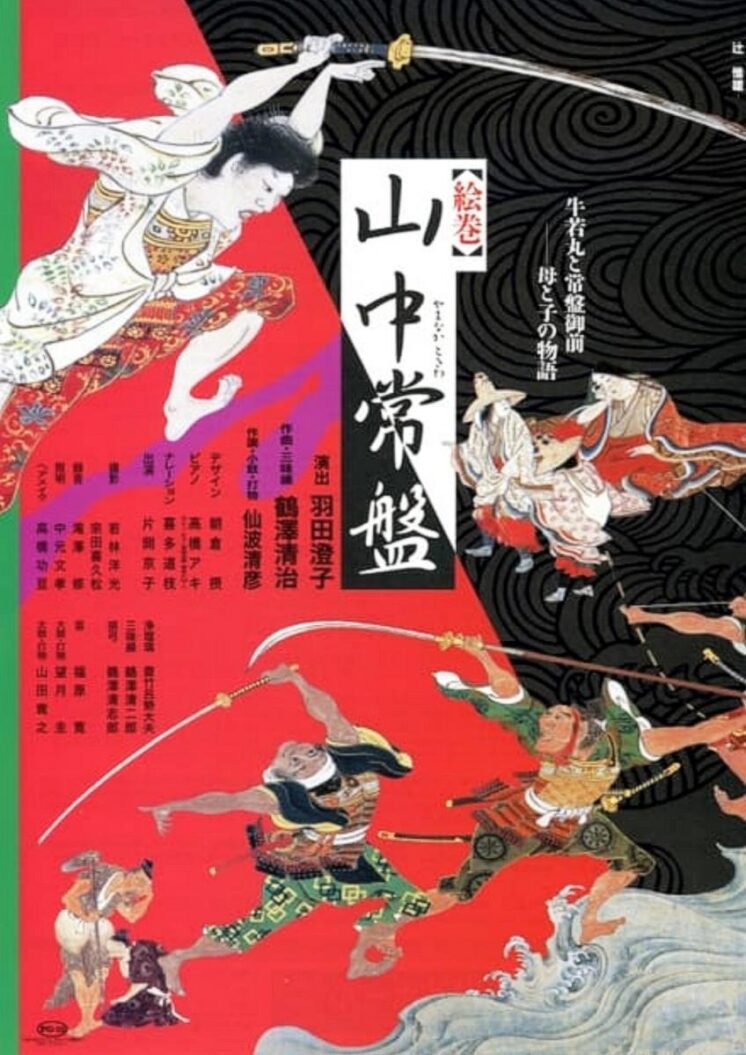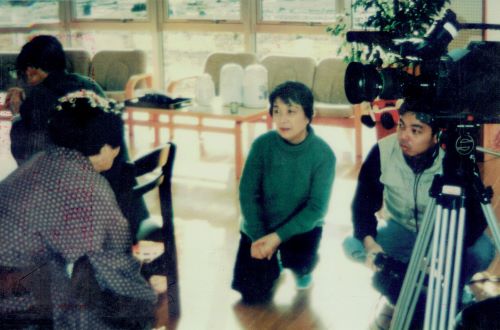
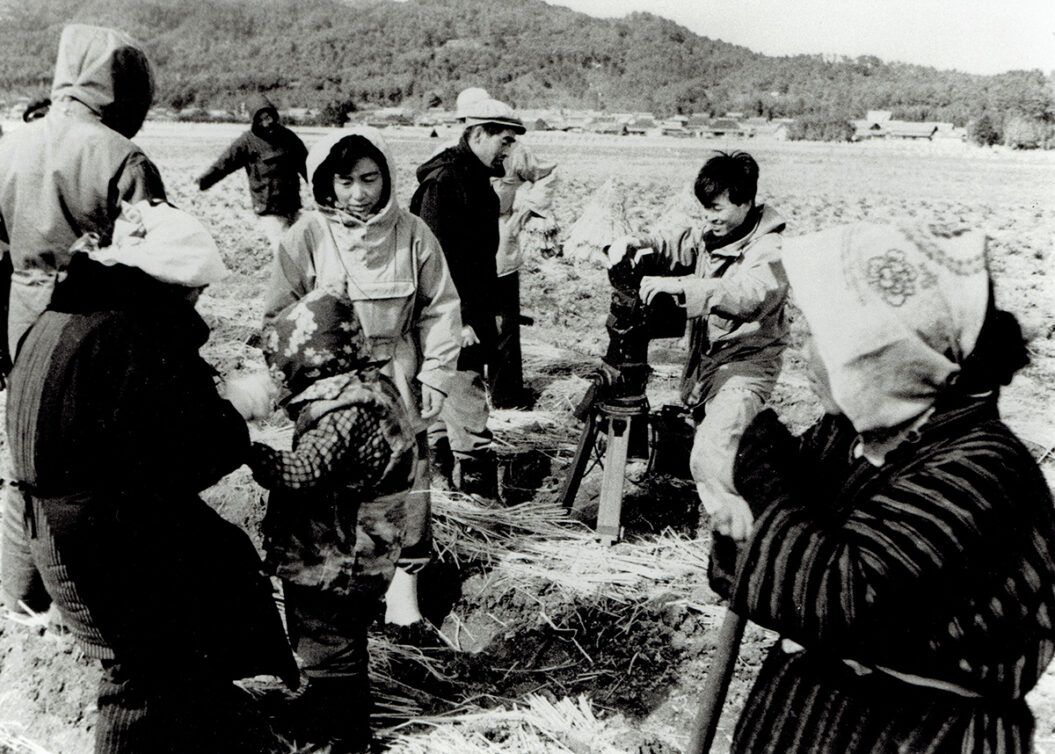
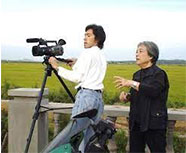
Continuing our Celebration of Women in Film in July, the Japan Foundation, Toronto will be spotlighting the most important and prolific female documentary filmmaker from Japan, HANEDA Sumiko. Long neglected in the West, Haneda’s body of work consists of as poetic postwar documentaries that are attuned to the roles of women in society and cycles of rural life.
Deepen your knowledge of traditional Japanese culture over this Canada Day Weekend (July 1 – 3, 2022) with our online screenings of celebrated documentaries: Ode to Mount Hayachine and Into the Picture Scroll: The Tale of Yamanaka Tokiwa.
Ode to Mount Hayachine
早池峰の賦
Friday, July 1, 5:59PM – Sunday, July 3, 11:59PM (ET)
Directed by HANEDA Sumiko | 1982 | Documentary | 156 minutes | Japanese with English subtitles
Online Film Screening (Canada only) | Admission Free | RSVP Required
A surprising box-office hit in Japan, HANEDA Sumiko’s documentary epic revels in the patterns of Japan caught between tradition and modernity. Shot in the foothills of Iwate Prefecture’s mystical Mt. Hayachine, the film records a year in the life of the area’s villages and villagers as they prepare for kagura performances, a dance-theater form with origins in religious rituals (and now mainly performed for eager tourists). Fittingly, the film’s true beauty comes not through its commentary on tradition and society, but in its harmonization to the mountain’s own intricate rhythms.

Into the Picture Scroll: The Tale of Yamanaka Tokiwa
山中常盤ー牛若丸と常盤御前 母と子の物語ー
Friday, July 1, 5:59PM – Sunday, July 3, 11:59PM (ET)
Directed by HANEDA Sumiko | 2005 | Documentary | 100 minutes | Japanese with English subtitles
Online Film Screening (Canada only) | Admission Free | RSVP Required
This extraordinary film presents Japanese classical scroll painting as never before. The Yamanaka Tokiwa comprises twelve scrolls painted by IWASA Matabei some 400 years ago. It tells the then-famous puppet theater story of Lady Tokiwa, who is murdered by bandits in Yamanaka on her way to visit her samurai son. Learning of her fate from her ghost, the son sets out to avenge her death. With skillful framing, rhythmic pacing, and a newly composed joruri score (ballad singing with shamisen accompaniment), HANEDA Sumiko has created a stirring cinematic work from a static painting that is one of Japan’s cultural treasures.

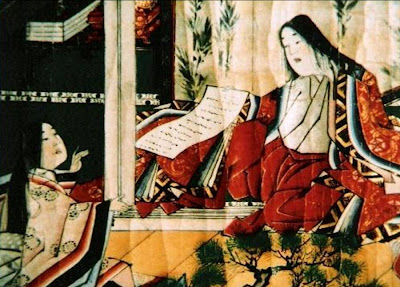
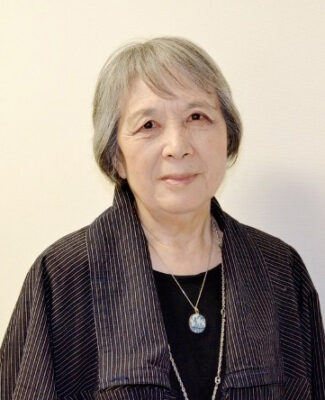
About HANEDA Sumiko
Born in 1926, in Dalian, China (then Manchuria, under Japanese occupation), Haneda started her career with Iwanami Productions, a company producing educational films, where she would make her first films about the arts, education, and nature. In 1976 she directed her first independent film, The Cherry Tree with Gray Blossoms, a personal project she had worked on for many years. She made films about folkloric dances and changing rural traditions (Ode to Mt. Hayachine, 1982), portraits of aging artists such as Akiko-Portrait of a Dancer (1985) or the monumental Kabuki Actor Kataoke Nizaimon (1992-1996). Haneda led a prolific career directing over 80 films and receiving widespread recognition for her work on welfare politics and caring for the elderly. Later in her career, Haneda reflected upon her early life in China with films about the Japanese settlers in Manchuria such as Faraway Home – Lushun and Dalian (2011). She also participated in the creation of the Tokyo International Women’s Film Festival (1985-2012), the first of its kind in Japan.
Online Talk: Women Directors in Contemporary Japanese Cinema
Available Now on the JFT Youtube Channel
This special presentation with Dr. Colleen Laird (UBC) focuses on the emergence of women directors in early 21st century Japanese cinema industries. In this talk, Dr. Laird introduces prominent directors who have been successful in both domestic and international markets, and she discusses the various factors that supported a new career pathway for women in film, as well as ongoing barriers that pose difficulties for continued success. Presented in English.


